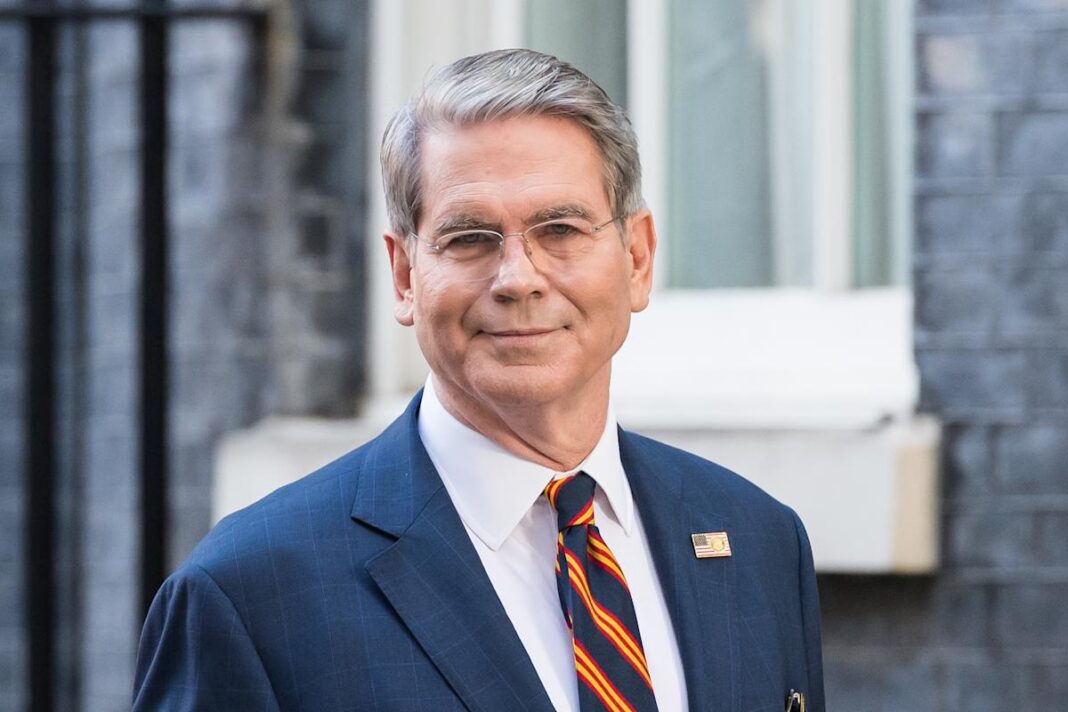Trump and Modi: A Diplomatic Call to Ease Tensions
On a recent Tuesday, President Donald Trump engaged in a conversation with India’s Prime Minister Narendra Modi, marking a significant diplomatic effort aimed at diffusing escalating tensions between the two major economies. The discussions were primarily focused on contentious issues such as tariffs and India’s ongoing purchase of Russian oil, which has raised eyebrows in Washington. Trump expressed admiration for Modi’s leadership, saying, “He is doing a tremendous job,” highlighting a positive tone amidst the challenging geopolitical landscape.
Trade Dynamics: Tariffs and Trade Deals
The conversation comes at a time when trade relationships are particularly strained. Both nations are navigating a complex web of tariffs that have affected various sectors, including technology and manufacturing. Trump’s administration has implemented a series of tariffs, criticizing foreign practices that disadvantage American businesses. By engaging with Modi, Trump appears to seek a path toward cooperative solutions, potentially benefiting both countries’ economies.
British Steel Tariffs: UK and US Relations in Flux
Meanwhile, across the Atlantic, the UK has decided to pause discussions on lifting tariffs on American steel. This unexpected move suggests that the transatlantic trade relationship is in a state of flux as well, complicating Britain’s negotiations around future trade agreements with the U.S. The decision indicates a cautious approach by the UK, signaling that its own trade landscape is also influenced by broader global economic dynamics.
GSK’s $30 Billion Commitment
In the pharmaceutical sector, British company GSK has announced a significant $30 billion investment in the United States for research and development over the next five years. This investment is seen not only as a business move but also as a response to Trump’s tariff threats, which have compelled multinational corporations to reconsider their operational strategies. By expanding its footprint in the U.S., GSK aims to secure its market position amid rising trade tensions.
US-China Trade Talks: A Critical Intersection
Simultaneously, U.S. Treasury Secretary Scott Bessent has expressed confidence in nearing a trade deal with China. His comments come while negotiations are set in Madrid, focusing on contentious issues including reciprocal tariffs scheduled to take effect in November. Bessent’s optimism hints at a potential thawing of relations, suggesting that key players in these discussions may be looking to iron out agreements that could alleviate broader market uncertainties.
TikTok Talks and Impending Deadlines
In a related matter, the TikTok negotiations are reaching a critical juncture. The social media platform faces a deadline of September 17 to divest ownership from Chinese parent company ByteDance or face shutdown in the U.S. As discussions continue, the U.S. administration is keen on securing a deal that balances national security concerns with free market dynamics.
China’s Accusations and Economic Pressures
Additionally, China has voiced strong objections to U.S. calls for its allies to impose tariffs in response to its purchase of Russian oil. Accusations of “unilateral bullying” have surfaced, reflecting the growing tensions and complexities of international relationships exacerbated by economic sanctions and tariffs. This dynamic underscores the precarious position that countries find themselves in as they navigate global trade policies.
Supreme Court Review of Tariff Legality
In the legal realm, the U.S. Supreme Court is set to review President Trump’s tariffs, setting the stage for a potentially landmark decision that could alter the landscape of international trade policies. The case, moving quickly through the legal system, will likely influence how tariffs are implemented in the future and could have broad implications for Corporate America.
Global Repercussions and Economic Implications
As the policy reverberates around the world, businesses and governments remain on alert. The economic implications of these tariffs are significant, influencing not only trade balances but also domestic markets. Entities like FedEx are bracing for profit hits as previously exempt parcels are now subject to tariffs, indicating that the ripple effects of these policies reach deep into daily commerce and consumer prices.
By maintaining a focus on these developments, it becomes clear that the intersection of international relations and economic policies will continue to shape global markets in profound ways. Moving forward, the actions taken by these world leaders will be instrumental in determining the trajectory of international trade and relations.



